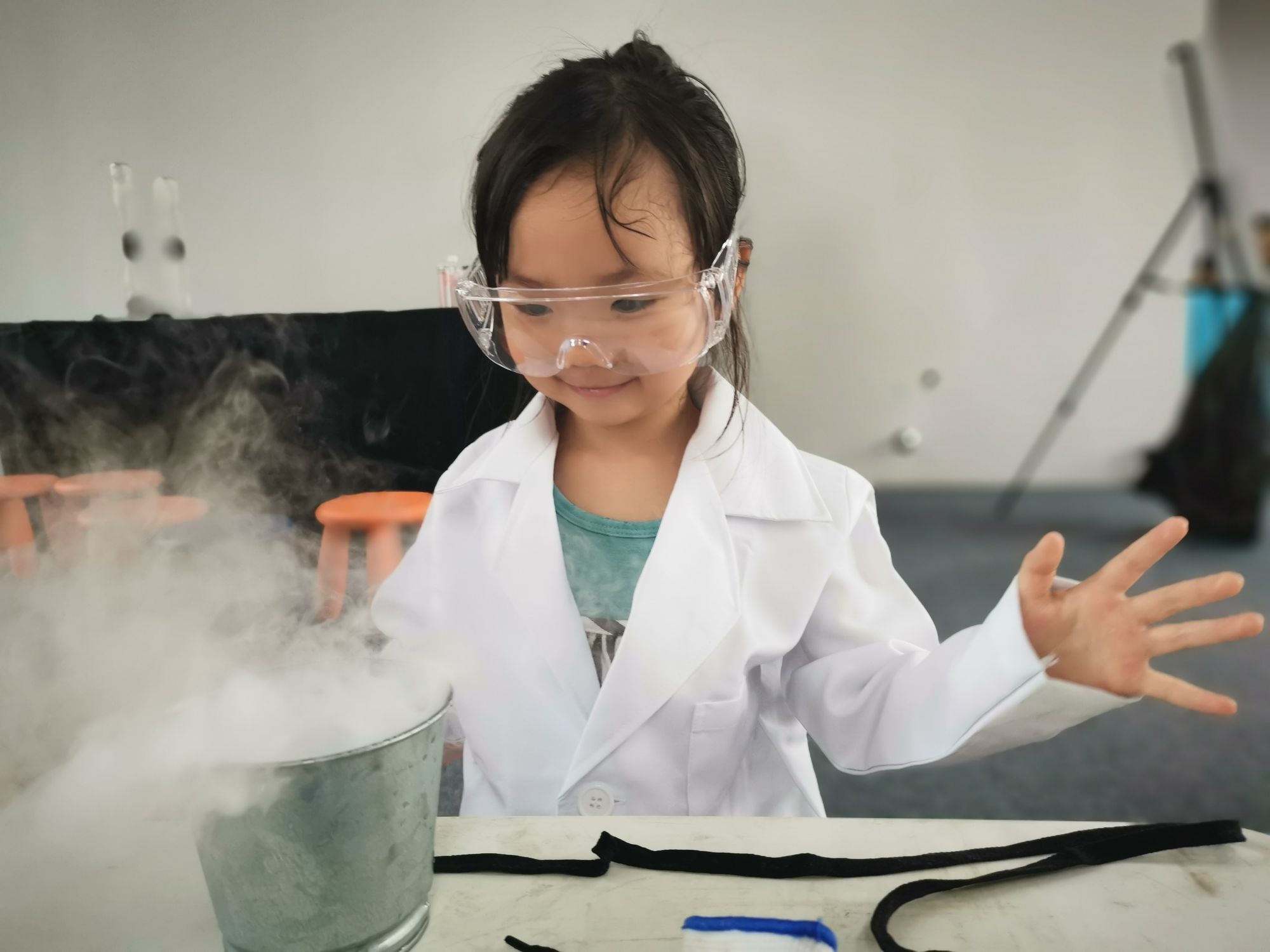The COVID-19 pandemic has unfortunately discontinued several research programs, leaving many early career scientists unsure of their future in science. Many articles have been written about this issue during the course of the pandemic (Science , Nature and LSE blog), which is critical to address. When laboratories do finally open back up again, the research landscape is bound to look very different.
Most likely, researchers and their team leaders have gotten used to doing some of their research from home, at least for those who are lucky enough to perform computational or data science work. Similarly, trainees who are in the late phases of writing their dissertations may also be less affected. But for those going back to the laboratory post-pandemic, there may be a hybrid system where technology is used at least during part of a scientist's research project. Jobs of the future will also likely increasingly require technology. Therefore, digital literacy and adaptations of current research practices in laboratories will need to follow suit.
Therefore, with the current trajectory of scientific research, I foresee that our future innovators will need to be technologically-savvy in addition to being able to apply their scientific knowledge in society. The skills needed to run a laboratory are similar to those of running a business, and developing the future workforce will require being able to manage teams, produce results, and train students and postdocs, while making sure that the business (or laboratory) continues to move forward.
I recently gave a talk for the "Lab Innovations Digital Summit: The Next Phase in Digital Transformation" on Building the Research Workforce of the Future: A Focus on Digital Literacy, Education, and Innovation, where I highlighted three pillars that I expand upon in the sections below, in terms of ways in which we can develop the future workforce to influence society:
- Education and training for the next generation to ensure that they have the best possible environment
- Empowerment of trainees to act on something they care about
- Getting jobs, achieving impact in society, and ensuring that training matches workforce/job market demands
The COVID-19 pandemic has impacted all of these aspects of research. A survey from January 2021 looked at US- and Europe-based scientists across a wide range of scientific fields, compared to April 2020. They found that, during the early phase of the pandemic, scientists reported a sharp decline in time spent on research, initiated fewer new projects, and invested more time towards COVID-19-related research. In addition, there was a decrease in the rate of new publication co-authorships. Because many research projects have partially or entirely shifted to the digital space, the lack of access to technology for scientists in specific countries can impact international research collaborations. The pandemic has also disproportionately impacted women in science, especially those with young children, a cohort which has the potential to change the future workforce.
Education and training
Lack of access to technology can significantly impact a number of industries, including universities where the majority of research takes place, and companies that would hire PhD graduates, many of which have also shut down due to the pandemic. At the same time, there has been a high dependence on technology during the pandemic, which necessitates laboratory trainees, managers, and leaders to adapt to this new reality. The research enterprise has proven itself adaptable to technology in a number of areas, as students are being recruited to laboratories digitally, and they are learning to present research to their peers and troubleshoot research results remotely. This practice has, to a certain extent, also resulted in a transformative shift in how scientific messages are delivered to the broader community, such as through virtual town halls (see Beyond the Pandemic: The Future of the Research Enterprise Report).
The future of research laboratories is also becoming more and more “paperless” as technology usage advances, leading to folders and filing cabinets replaced by electronic notebooks and software programs to better organize data and make scientists’ lives easier. The Internet of Things offers many different devices which allow laboratory managers and staff to communicate with each other and their equipment in a remote fashion. This new reality also poses security risks, thus researchers need to learn to protect shared information accordingly.
Empowerment of trainees
Given the dependence on technology in research practice and dissemination, we need to train the future workforce in digital literacy and storytelling, with the goal of communicating the importance of scientific research and findings to various stakeholders. This is why narrative and digital skills should be part of all degrees, and this training should be both the responsibility of universities as well as employers who might hire scientists. A holistic skills formation system that values both formal education and work-based learning would be highly beneficial to scientists as they apply their skills in the workplace.
Getting jobs and achieving impact in society
In the current pandemic, employers are also likely to require that newly hired scientists have particular digital skills that could positively influence society, and ultimately transform the future of the workforce in a given industry. However, gains obtained from technology and economic growth are not evenly distributed globally, which can exacerbate the digital divide, excluding scientists from certain countries from being able to compete for these highly digital-focused jobs. Moreover, workers may be displaced by AI and automation in some industries, possibly with the exception of healthcare, where there is no substitute for highly-skilled practitioners (see AI and the Future of Work in the United States). To address these gaps, policymakers should focus on restructuring school curricula to reflect the demand in current and future skills needed for the job market, and alleviate suffering for scientists whose future jobs may be displaced by the digital revolution.
Technology-related adaptations of current practices will thereby also need to occur in research laboratories. To this end, it would be worthwhile for universities to explore partnerships for workforce development by designing programs bridging the gaps between education and labor. This can be done by training the next generation in digital literacy, addressing the educational attainment gap, and providing economic relief to displaced workers (The role of AI in education and the changing US workforce). Innovation in technology can in turn create new tools to support educators, students, and others seeking retraining and employment in science, thereby improving future research laboratory environments.
In conclusion, in order to build the workforce of the future, we need to focus on these three areas, with an emphasis on training graduate students and postdocs in policymaking, as this can impact their future and that of other generations to come. We are living in a technologically forward era, and implementing these innovations in research will shape an exciting and impactful laboratory of the future, and help the research enterprise progress into the 21st century.
Disclaimer: This post represents the writer's personal views and not the views of their employer.
About the author:
Adriana Bankston is a Principal Legislative Analyst at the University of California Office of Federal Governmental Relations, and CEO for the Journal of Science Policy & Governance. Connect with Adriana on Twitter or through her personal website.
We welcome comments, questions and feedback. Please contact us at ecrlife [dot] editors [at] gmail [dot] com.
Would you like to share your own story, insight or opinion? Pitch us here.
Follow us on Twitter or LinkedIn to stay up to speed with our latest news and blog post releases.







